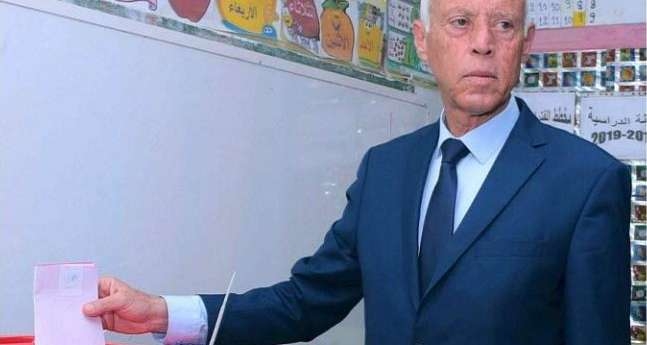2024 is qualified as a greater electoral year in history. 2 billion voters in 65 countries will go to the polls to choose their leaders. Democracy is the test of ballot boxes.
The year 2024 is under the sign of elections. 65 countries representing half of the world’s population – nearly 4.2 billion inhabitants – are affected by regional, legislative and presidential elections.
The elections in 2024 include seven of the ten most populated countries in the world: India, the United States, Indonesia, Pakistan, Russia, Mexico and Bangladesh.
Bangladesh opened the ball on January 7. Prime Minister Sheikh Hasina, 76, won a fifth term after her party’s victory in the legislative elections, against the backdrop of the boycott of the main opposition party which denounced an “election simulacrum”.
Of the 43 countries supposed to organize free and fair elections during this electoral megacycle, 28 do not really meet the essential conditions for a democratic vote, according to the democracy of the Economist’s Intelligence Unit.
“These elections can change the world,” said Lindberg, of the V-Dem Institute. Whatever their results, he says, it is likely that after 2024, the world will be “a very different place”.
The African continent will organize numerous electoral consultations during this year, including nearly fifteen presidential and Tunisian presidential elections.
The elections in Africa come in a favorable economic context. Experts claim that the continental economy is growing, despite instability in several regions, fueled to a large extent by the service sector, in particular in East Africa. According to the Economist Intelligence Unit, the continent will be the second major region with the fastest growth in 2024 after Asia …
“2024 could be the decisive year for democracy in the world,” said Staffan Lindberg, director of the Institut Varieties of Democracy, or V-Dem, a Swedish reflection group that analyzes the “complexity of the concept of democracy”.
All over the world, including in some of the largest and most influential countries, experts have observed that the space left for political competition and civil society shrinked.








